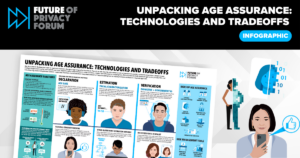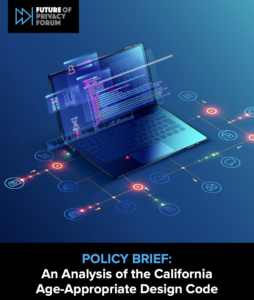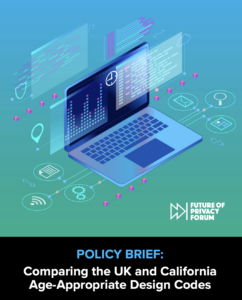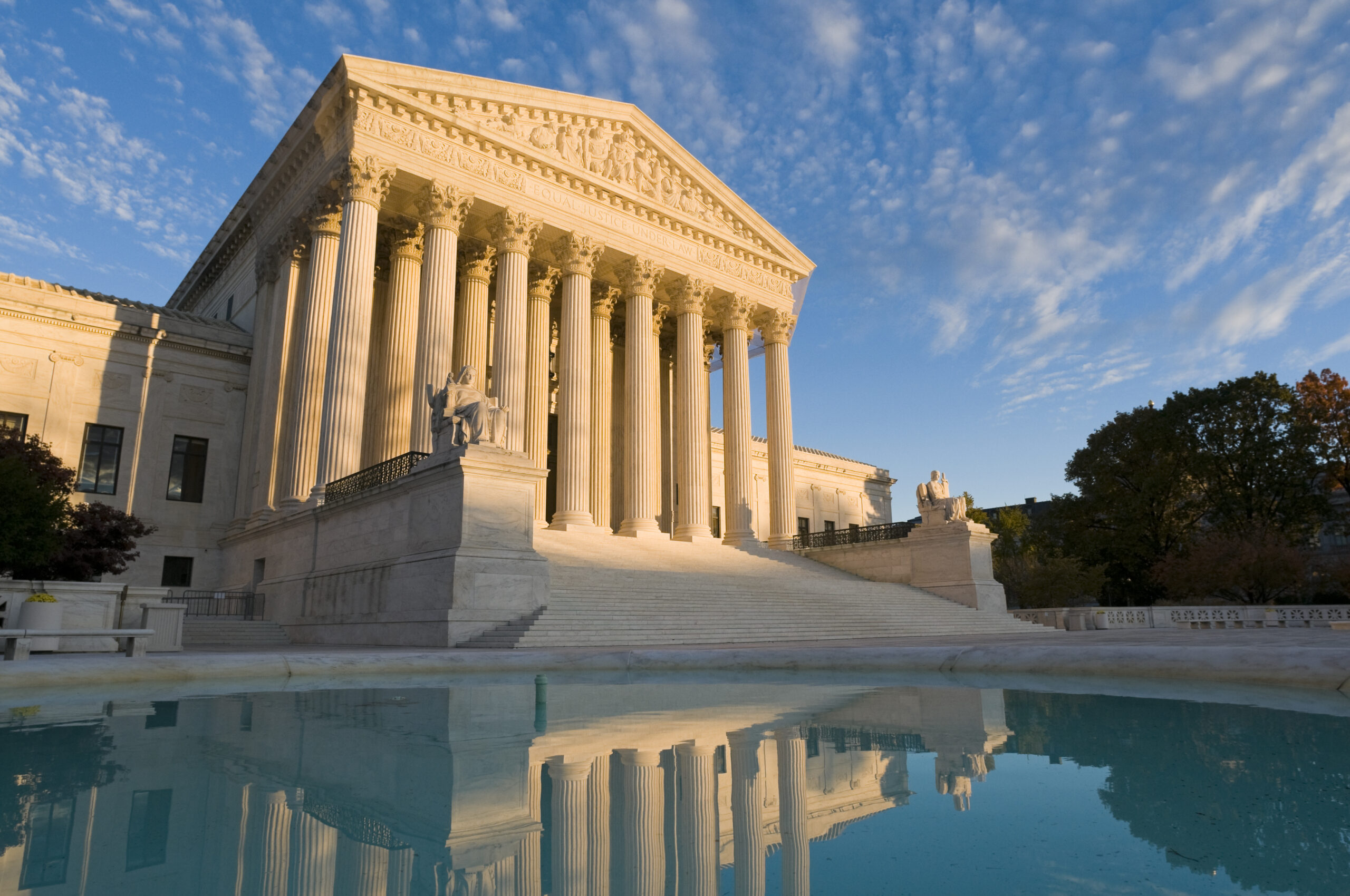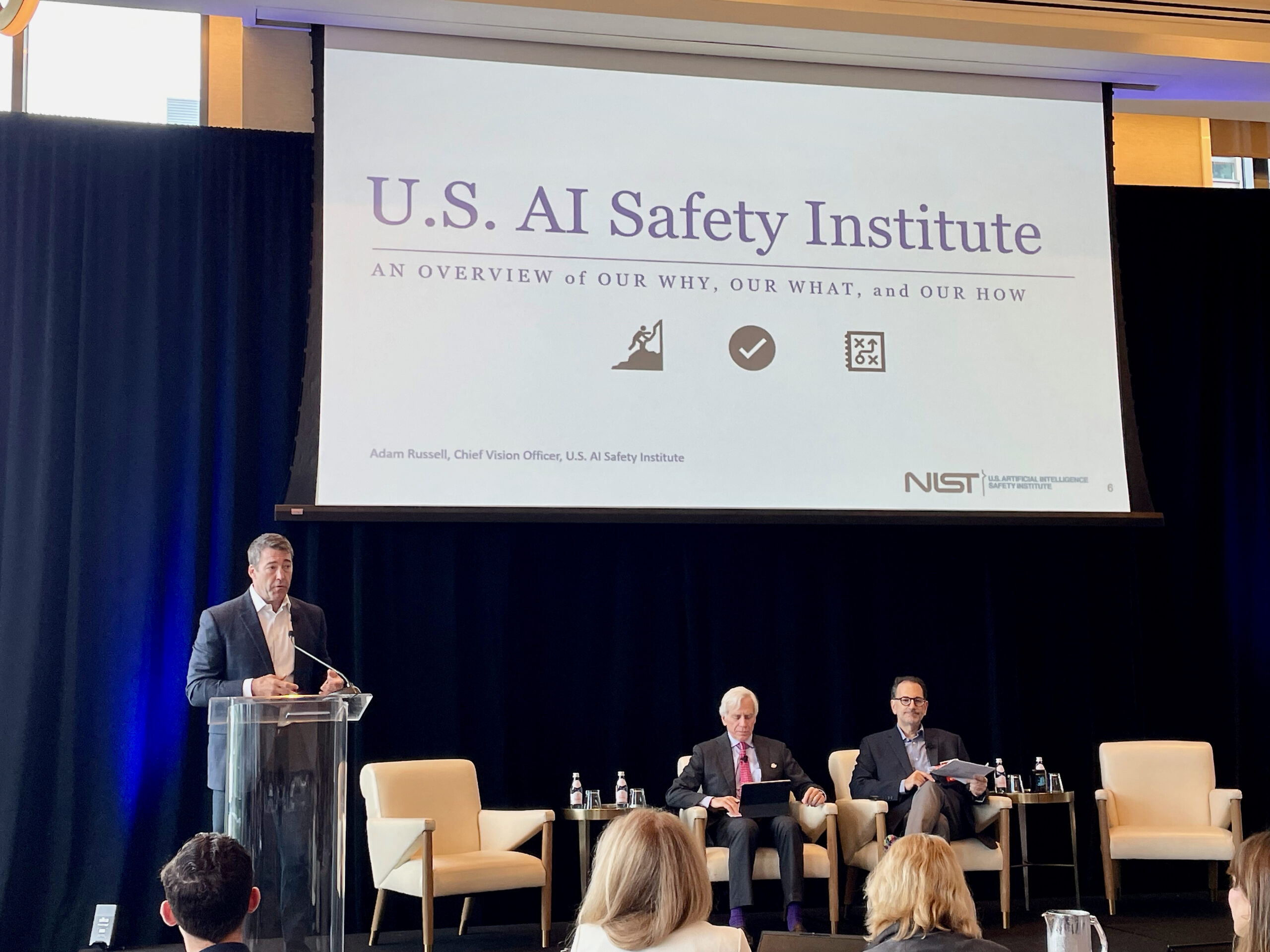Education is changing. New technologies are allowing information to flow within schools and beyond, enabling new learning environments and providing new tools to improve the way teachers teach and the way students learn. Data-driven innovations are bringing advances in teaching and learning but are accompanied by concerns about how education data, particularly student-generated data, are being collected and used.
The Future of Privacy Forum believes that there are critical improvements to learning that are enabled by data and technology, and that the use of data and technology is not antithetical to protecting student privacy. In order to facilitate this balance, FPF equips and connects advocates, industry, policymakers, and practitioners with substantive practices, policies, and other solutions to address education privacy challenges at both the K-12 and higher ed levels.
For more information and resources, please visit Student Privacy Compass, a one-stop shop for information, news, and analysis on maintaining student data privacy.
Featured
FPF Submits Comments to Inform New York Children’s Privacy Rulemaking Processes
At the end of the 2024 legislative session, New York State passed a pair of bills aimed at creating heightened protections for children and teens online. One, the New York Child Data Protection Act (NYCDPA), applies to a broad range of online services that are “primarily directed to children.” The NYCDPA creates novel substantive data […]
Contextualizing the Kids Online Safety and Privacy Act: A Deep Dive into the Federal Kids Bill
Co-authored by Nick Alereza, FPF Policy Intern and student Boston University School of Law. With contributions from Jordan Francis. On July 30, 2024, the U.S. Senate passed the Kids Online Safety and Privacy Act (KOSPA) by a vote of 91-3. KOSPA is a legislative package that includes two bills that gained significant traction in the […]
Reflections on California’s Age-Appropriate Design Code in Advance of Oral Arguments
Co-authored with Isaiah Hinton, Policy Intern for the Youth and Education Team Update: On Wednesday, July 17th, the U.S. 9th Circuit Court of Appeals heard oral arguments for an appeal of the District Court’s preliminary injunction of the California Age-Appropriate Design Code Act (AADC). Judges Milan Smith Jr., Mark Bennett, and Anthony Johnstone appeared interested […]
Chevron Decision Will Impact Privacy and AI Regulations
The Supreme Court has issued a 6-3 decision in two long-awaited cases – Loper Bright Enterprises v. Raimondo and Relentless, Inc. v. Department of Commerce – overturning the legal doctrine of “Chevron deference.” While the decision will impact a wide range of federal rules, it is particularly salient for ongoing privacy, data protection, and artificial […]
AI Forward: FPF’s Annual DC Privacy Forum Explores Intersection of Privacy and AI
The Future of Privacy Forum (FPF) hosted its inaugural DC Privacy Forum: AI Forward on Wednesday, June 5th. Industry experts, policymakers, civil society, and academics explored the intersection of data, privacy, and AI. In Washington, DC’s southwest Waterfront at the InterContinental, participants joined in person for a full-day program consisting of keynote panels, AI talks, […]
Comprehensive Privacy Anchors in the Ocean State
On June 25, 2024, Governor McKee transmitted without signature H 7787 and S 2500, the Rhode Island Data Transparency and Privacy Protection Act (RIDTPPA), making Rhode Island the nineteenth state overall and the seventh state in 2024 to enact a comprehensive privacy law. The law will take effect on January 1, 2026, and the majority […]
Top Six Major Privacy Enforcement Trends: A U.S. Legislation Retrospective
Enforcement activity intensifies as U.S. consumer privacy laws continue to evolve and come into effect. In 2023 and 2024 alone, there have been dozens of enforcement actions at the U.S. federal and state levels, some of which reveal or touch on significant throughlines for privacy policy issues, such as what constitutes a privacy violation or […]
Little Users, Big Protections: Colorado and Virginia pass laws focused on kids privacy
‘Don’t call me kid, don’t call me baby’ – unless you are a child residing in either Colorado or Virginia, where children will soon have increased privacy protections due to recent advances in youth privacy legislation. Virginia and Colorado both have broad-based privacy laws already in effect. During the 2024 state legislative sessions, both states […]
Now, On the Internet, Will Everyone Know if You’re a Child?
With help from Laquan Bates, Policy Intern for Youth and Education How Knowledge Standards Have Changed the Status Quo As minors increasingly spend time online, lawmakers continue to introduce legislation to enhance the privacy and safety of kids’ and teens’ online experiences beyond the existing Children’s Online Privacy Protection Act (COPPA) framework. Proposals have proliferated […]
New Age-Appropriate Design Code Framework Takes Hold in Maryland
On April 6, the Maryland legislature passed HB 603/SB 571, the “Maryland Age-Appropriate Design Code Act” (Maryland AADC), which is currently awaiting action from Governor Moore. While FPF has already written about Maryland’s potentially “paradigm-shifting” state comprehensive privacy law, the Maryland AADC may similarly pioneer a new model for other states. The Maryland AADC seeks […]

